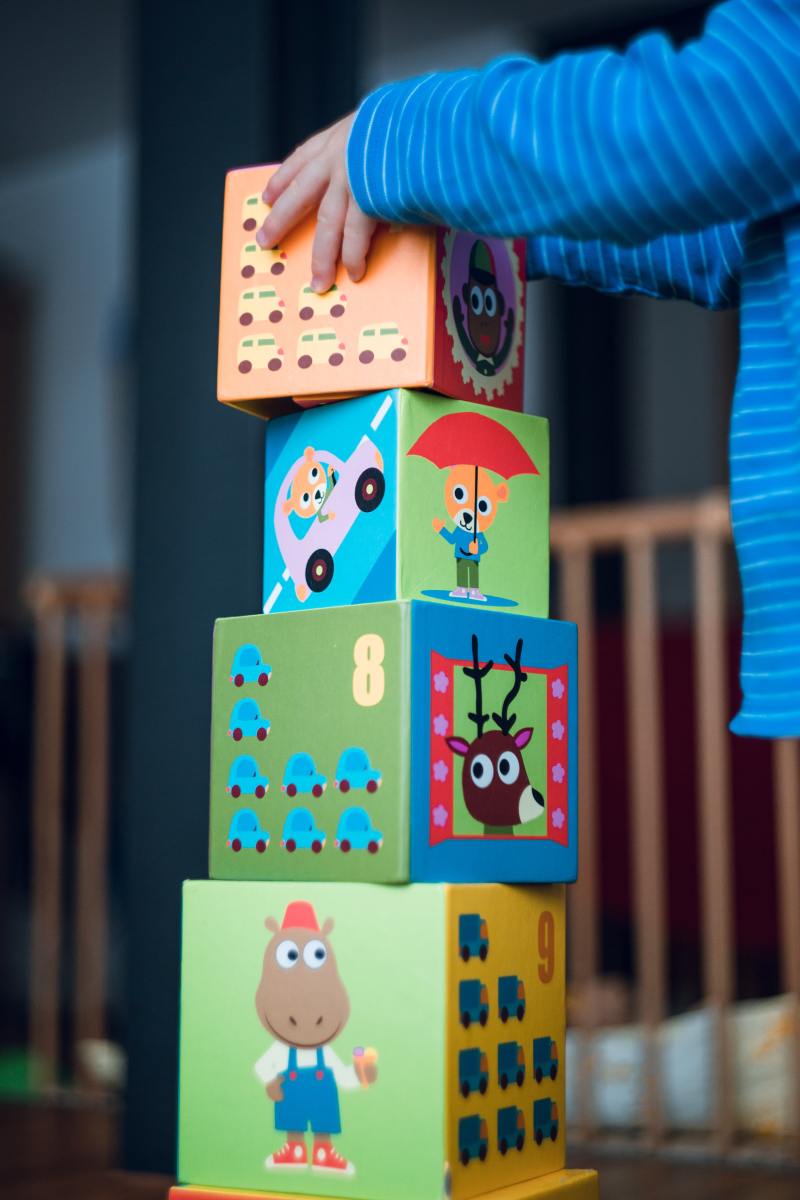Working with children can lead to many rewarding career choices—but where do you start? For many people, the answer is early childhood education. As with almost any job, education can open up new and exciting doors.
What is Early Childhood Education?
Early childhood education is an easy choice for people who enjoy working with children. According to Coursera, early childhood education is a degree field that prepares you to work with children from birth to around age eight. Early childhood is when we learn many essential social, emotional, and mental skills. As an early childhood educator, you will be making a strong impact on the children in your classroom or organization. The development of these skills is at the core of this degree and will be the focus of your career.
What Can I Do With an Early Childhood Education Degree?
Preschool Teacher
With a degree in early childhood education, you can find plenty of hands-on careers. One straightforward path is becoming a preschool teacher. Preschool teachers are typically generalists. Instead of only teaching language arts or math, preschool teachers teach a diverse curriculum. You will work with children and their families to help them meet their educational, social, and behavioral goals. A preschool teacher will also work with other agencies to help address early signs of learning disabilities. Early intervention is vital to ensuring children get access to the best quality of care throughout their lifetime.
Childcare Center Director
Another rewarding career for people who love working with kids can be found in a daycare center. Daycare workers can usually start with a high school diploma or early childhood education certificate– which is a great way for you to decide if this is the career path for you! A childcare center director’s responsibilities include staff management and regulatory compliance. In addition, you will be responsible for maintaining a nurturing, comfortable environment for children in your care. Childcare center directors also work with families and communities to support children in their care.
Childcare Policy Advocate
A degree in early childhood education can help you land a lucrative career as a childcare policy advocate. Childcare policy advocates are often employed in non-profit organizations and governmental agencies. While this career path may need higher education or more experience, it can be a meaningful choice for those who want to champion positive policy changes. Advocacy work can involve raising awareness about childcare practices and fair policy changes. Those with previous teaching or school administration experience may find an easier time in this career.
What Will I Study in Early Childhood Education?
Elementary Education
Elementary education will be a primary focus of your early childhood education degree. Depending on the university, early childhood education may be a concentration of elementary education or its own degree pathway. You will take general education courses, as well as courses specializing in teaching specific skills like math and literacy. A student in elementary education will also learn about the science and art of education. If your degree program allows, it may be useful to study a specialty like Montessori or High Scope. These approaches can open up even more opportunities for prospective teachers in both public and private school settings.
Child Development
Child development will also be an important part of your coursework. In these classes, you will learn about the physical, mental, and social development of children from birth to adolescence. You will also study best practices and gain new tools to help children meet these milestones. One exciting aspect of child development is the study and role of play in learning.
Instructional Design
Instructional design is important at all grade levels. A quality early childhood education program will teach you to develop a curriculum for a diverse classroom. Child development will make up the bulk of your courses to prepare you to support your future students.
What Minor Should I Choose With Early Childhood Education?
Cultural Studies
Early childhood educators teach a wide variety of students. If you plan on working with a specific community, cultural studies can help you learn more about your students and their families. Common programs include Latino, Jewish, or African American Studies. In these degree fields, you can help you learn more about your future students and their families. This knowledge can cultivate a more inclusive classroom and develop stronger relationships with your students’ families.
Special Education
Special education, sometimes called Mild or Moderate Intervention, is also a helpful concentration. Whether you teach general education or a special education classroom, you will likely encounter children with a wide range of disabilities. Differentiated instruction helps fit the classroom curriculum to meet individual student needs. Many schools are seeking educators with the skills needed to support a diverse student population. This high demand can make special education a competitive concentration for job seekers.






